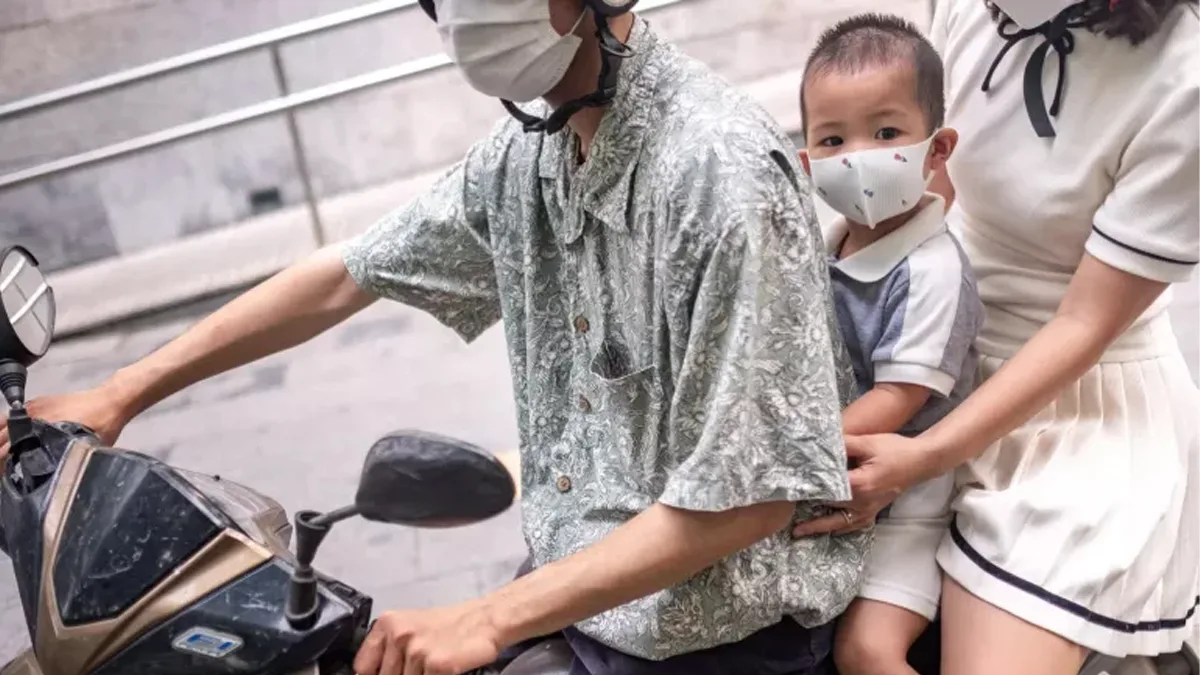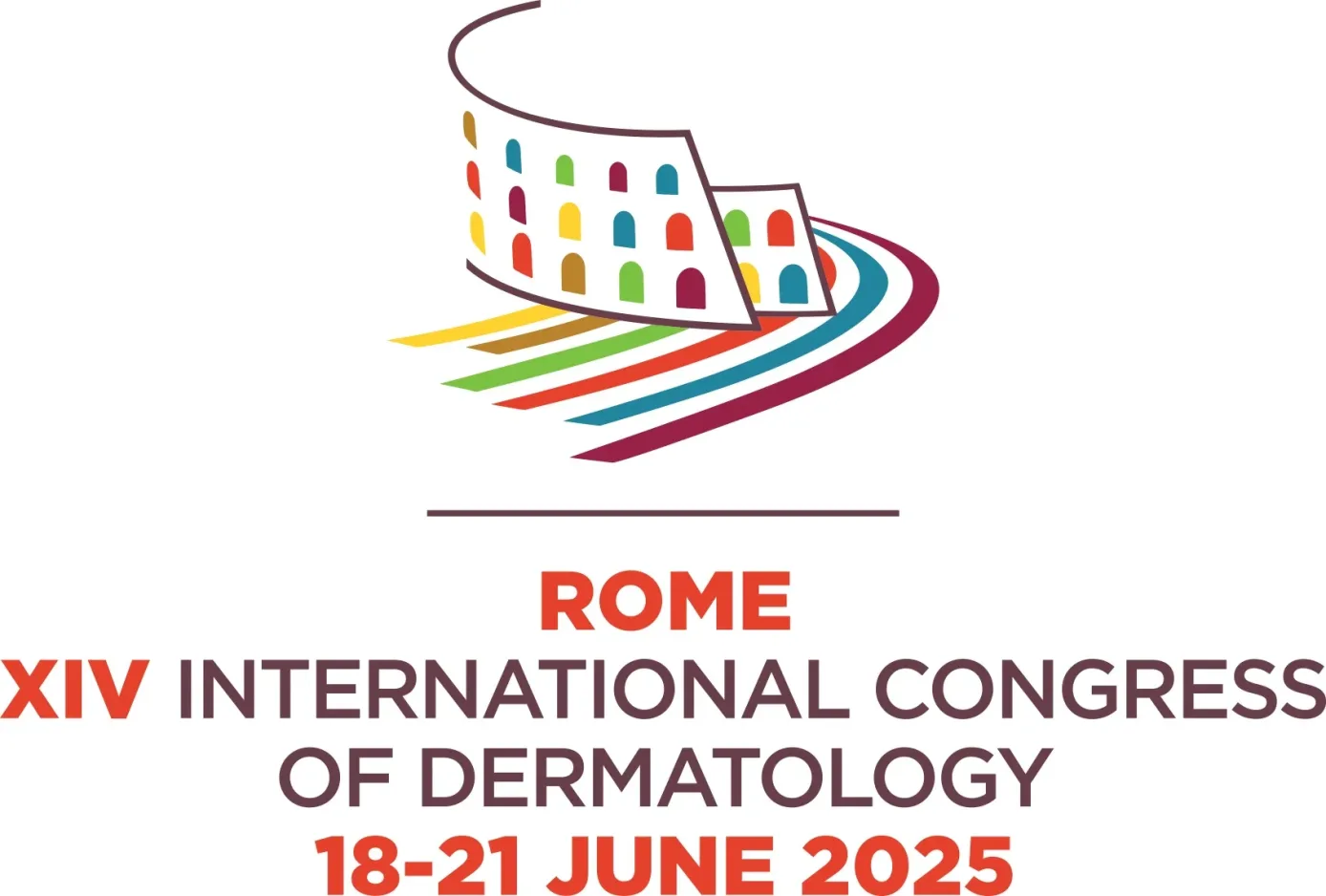Boston- 19 June 2024 – Air pollution is having an increasing impact on human health, becoming the second leading global risk factor for death, according to the fifth edition of the State of Global Air (SoGA) report.
The report, released by the Health Effects Institute (HEI), an independent U.S.-based nonprofit research organization, found air pollution accounted for 8.1 million deaths globally in 2021. Beyond these deaths, many more millions of people are living with debilitating chronic diseases, putting tremendous strains on healthcare systems, economies, and societies.
Produced for the first time in partnership with UNICEF, the report finds that children under five years old are especially vulnerable, with health effects including premature birth, low birth weight, asthma and lung diseases. In 2021, exposure to air pollution was linked to more than 700,000 deaths of children under five years old, making it the second-leading risk factor for death globally for this age group, after malnutrition. Household air pollution from cooking indoors with polluting fuels, mostly in Africa and Asia, caused a staggering 500,000 child deaths.
“We hope our State of Global Air report provides both the information and the inspiration for change,” said HEI President Dr. Elena Craft. “Air pollution has enormous implications for health. We know that improving air quality and global public health is practical and achievable.”
Also Read: Alarming Air Pollution Levels in Europe: Urgent Call for Action
“This new report offers a stark reminder of the significant impacts air pollution has on human health, with far too much of the burden borne by young children, older populations, and low- and middle-income countries,” said Dr. Pallavi Pant, HEI’s Head of Global Health who oversaw the SoGA report release. “This points sharply at an opportunity for cities and countries to consider air quality and air pollution as high-risk factors when developing health policies and other noncommunicable disease prevention and control programs.”
“Despite progress in maternal and child health, every day almost 2000 children under five years die because of health impacts linked to air pollution,” said UNICEF Deputy Executive Director Kitty van der Heijden. “Our inaction is having profound effects on the next generation, with lifelong health and well-being impacts. The global urgency is undeniable. It is imperative governments and businesses consider these estimates and locally available data and use it to inform meaningful, child-focused action to reduce air pollution and protect children’s health.”





















